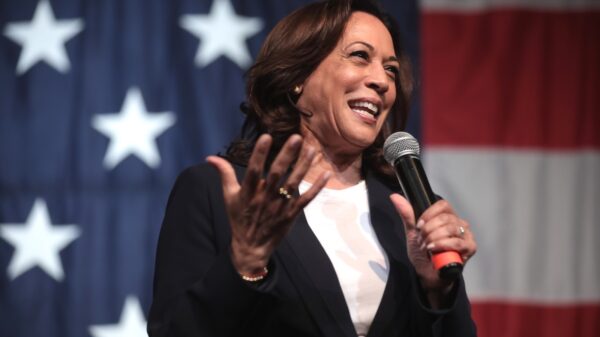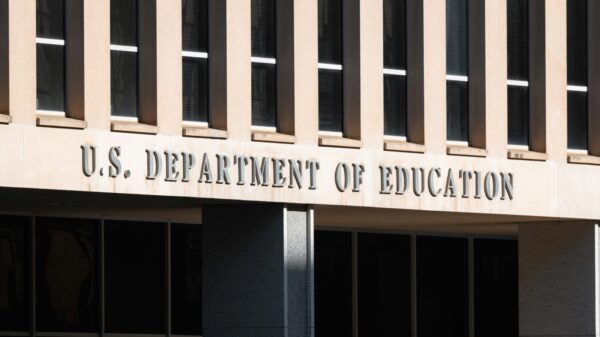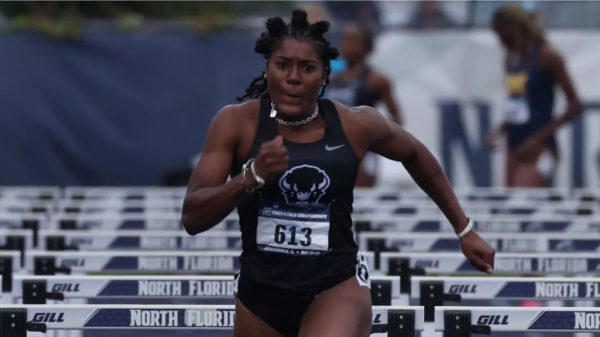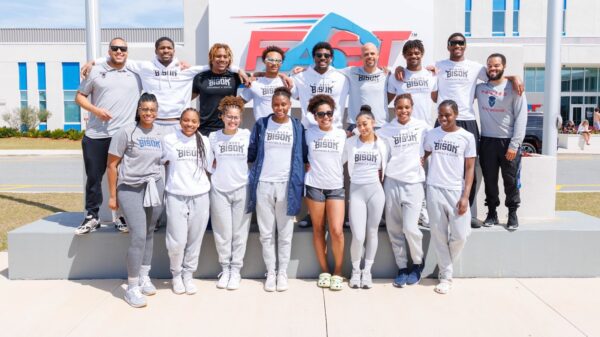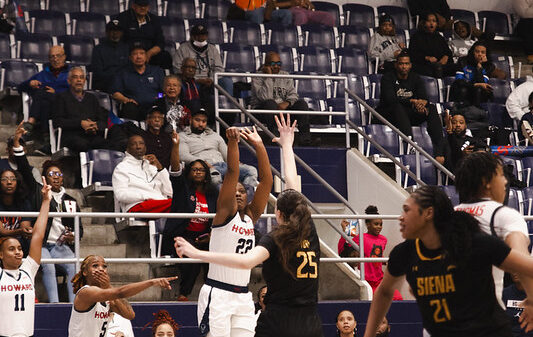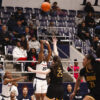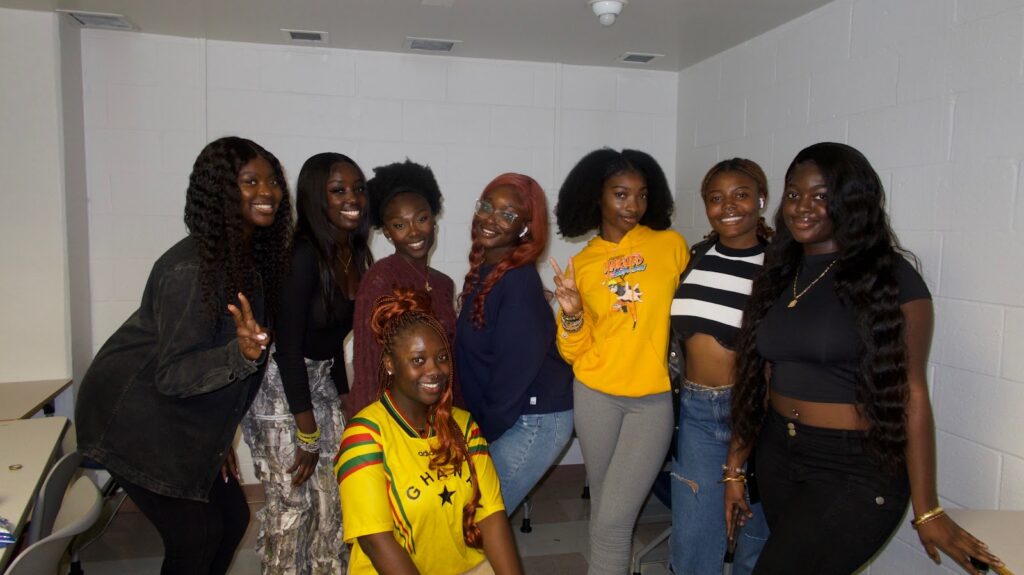
For Magdalen Dzadu, there wasn’t any doubt she’d take the new Akan Twi class when she learned it was being offered this semester. The freshman health management major said the decision to take this language course was a natural one for her, given her upbringing speaking Akan Twi with her family.
“It’s important to be around like-minded people. Everyone wants to have a place where they feel seen and have experiences that relate to their own,” Dzadu, from Frederick, Maryland, by way of Ghana, said.
Akan Twi is Howard’s newest African language offering as the Department of World Languages and Cultures builds on its commitment to providing students access to African languages. This action works to solidify Howard’s status as the number one institution in Critical African Language training in the United States, according to Howard’s Center for African Studies.
Swahili instructor Dr. Leonard Muaka, the department chair for the World Language and Cultures department in the College of Arts and Sciences, is dedicated to the promotion and celebration of African languages.
Muaka shared that more than 1,200 students at Howard are actively engaged in the study of African languages, indicative of the student body’s growing interest in exploring and appreciating the rich linguistic tapestry of the African continent.
“When we are able to offer these African languages, we are enriching our students here so that they don’t forget and they don’t let the languages die and that’s what we’re trying to do,” Muaka said.
“They know why they want to study the [African] languages and they want to connect with the continent, either because of their research or because of their heritage,” he said.
There are eight African languages taught at Howard University: Amharic, Arabic, Swahili, Wolof, Yoruba, Zulu, Somali, and the newest addition Akan Twi was added for the spring 2024 semester.
Yaw Mankatah Asare, the new Akan Twi professor, affirmed that he is enthusiastic about teaching the language to Howard students and hopes to preserve a cultural legacy.
When speaking about the importance of having an Akan Twi class on Howard’s campus, he said, “Sɛ wɔwu gya wo mpanyin kasa a, wonnya hɔ nkɔ ka mmofra kasa,” which translates to, “If you are left with the legacy of the language of elders, you do not leave it to speak the language of children,” in Akan Twi.
Dr. Phiwokuhle Mnyandu, the Zulu language professor, began teaching in 2015 and reminisced about a time in 2016 when he only had one student enrolled in the course. Currently, Mnyandu has more than 70 students enrolled across the Zulu course offerings.
Like Muaka, Mnyandu expressed a commitment to ensuring students enrolled in his class experience maximum immersion in the language.
“I try to make my class the gateway to what’s in South Africa for Howard students. So if a student at Howard wants to understand South Africa, then Zulu is that gateway towards that,” Mnyandu said.
Janice Boakye, a junior political science major from Montgomery County, Maryland, is also a Ghanaian student and president of Howard’s Ghanaian Student Union.
She believes that courses teaching African languages, and the new addition of Akan Twi in particular, are important to offer to students.
“I just think it’s also good for Ghanaian students who may not know their mother tongue and want to learn it. It’s a very great opportunity to be able to learn in school if you can’t learn at home,” she said.
Boakye hopes for the continued growth of the Akan Twi class and African culture-focused organizations, such as the Ghanaian Student Union (GSU).
“I hope that more students join us and that we get the chance to put out the events that we want to pay out for the student body,” Boakye said. “I also hope that in decades to come, we can look back and be like, ‘Yes, GSU was established,’ and it’s still here.”
Copy edited by D’ara Campbell


